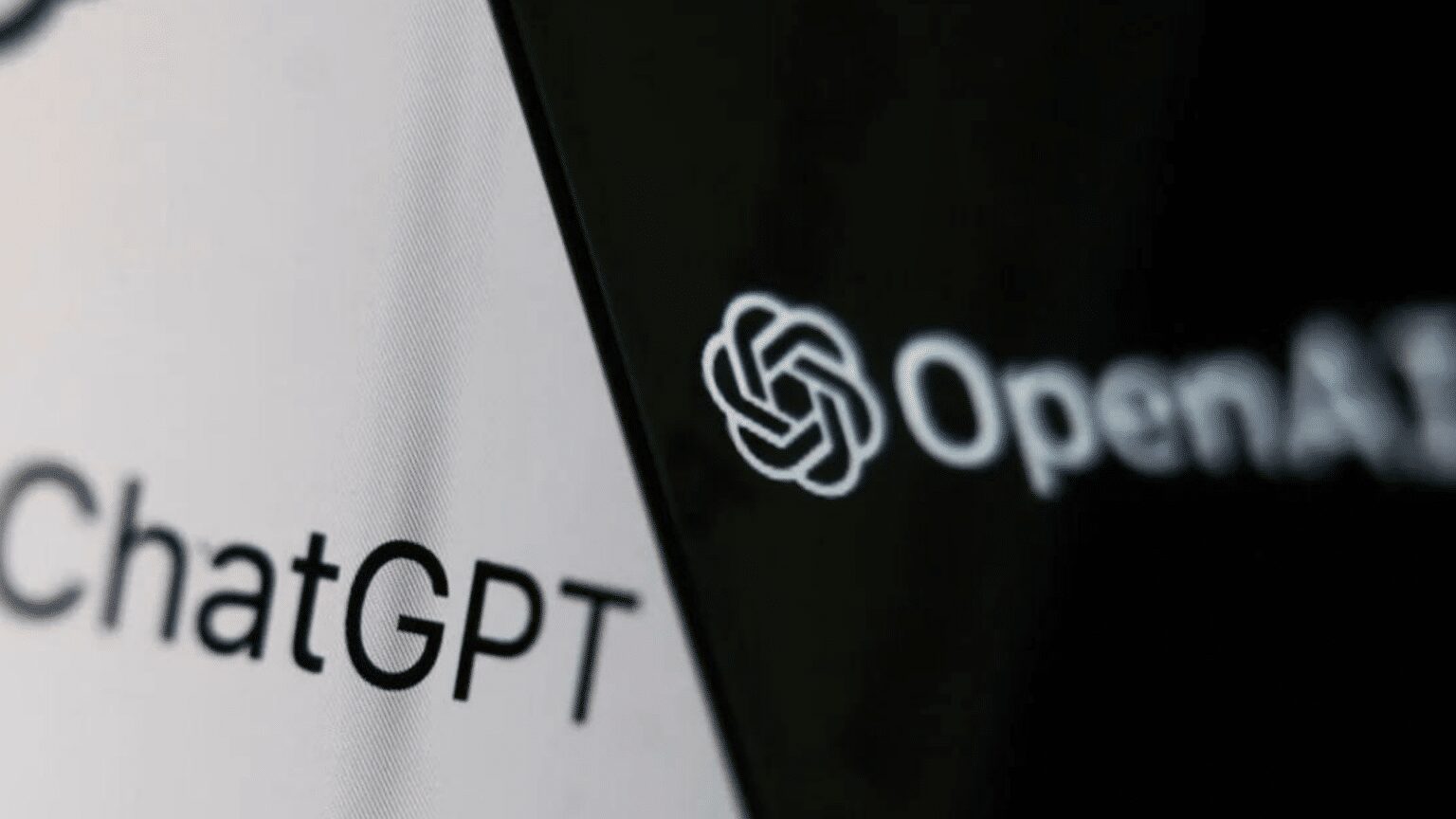As soon as OpenAI launched ChatGPT professors went into worry and many students into thoughtlessness. It has started to look like ChatGPT has been giving students chewed food like a mother bird to its babies. Though ChatGPT may never have had this motive. According to a representative for OpenAI, the company is developing technologies to assist users in recognizing text produced by ChatGPT since they are aware that its systems could be misused to deceive users.

Conscious students occasionally take on parts of the process themselves, but because of the temptation to rely on editing and text-generating programs like Grammarly and ChatGPT, It’s all too easy for people to choose pre-made technological outcomes over opportunities for thinking and learning.
In order to effectively use AI technology, educators are brainstorming. Others highlight the potential for AI to collaborate or spark new ideas. Before ChatGPT, Sudowrite and other companies had licenses for an earlier version of the same underlying program called GPT-3.
Some Indian Universities approach to ChatGPT and other AI Tools
“AI (artificial intelligence) agents such as ChatGPT, GitHub Copilot or Blackbox should not be used when original submission is expected from students or faculty, such as code in the first-year programming course or original essays, answers to questions, etc.,” according to a college notice to students on 1st Jan of 2024.

The state private university announced that it will begin blocking these platforms in its labs and during tutorial sessions and that it will also run random checks by asking students to reproduce content. If significant differences are found in the checks, the university said it will take disciplinary action.
The case of RV University is not rare. First-time programmers and other students are being discouraged by faculty at several colleges in India from adopting AI-based platforms that may generate code or text for them. For instance, GitHub Copilot is a platform that OpenAI, an AI research company, and Microsoft-owned GitHub, a code repository, jointly created. It helps programmers by creating computer code from spoken English or by automatically finishing a block of code.
The employment of such tools at colleges, according to instructors at various colleges, can hinder how much students actually learn. Coders, for example, must master logical reasoning in order to become excellent coders, which will probably be challenging if the code is generated by an automated tool. Similarly to this, ChatGPT allows students to mimic the writing style of authors without having to fully comprehend their works.
Some Western Universities approach to ChatGPT and other AI tools
As a result of ChatGPT, university professors, department chairs, and administrators around the nation are beginning to redesign classrooms, which might lead to a significant change in how students are taught. Some teachers are completely rethinking their courses, adding new elements like oral exams, group projects, and handwritten evaluations in place of typed ones.

“We try to institute general policies that certainly back up the faculty member’s authority to run a class, “said Joe Glover, provost of the University of Florida. “This isn’t going to be the last innovation we have to deal with.”
Colleges have been hesitant to outlaw the AI tool because officials don’t believe the action would be successful and they don’t want to restrict academic freedom. That implies that teaching methods are evolving instead.













